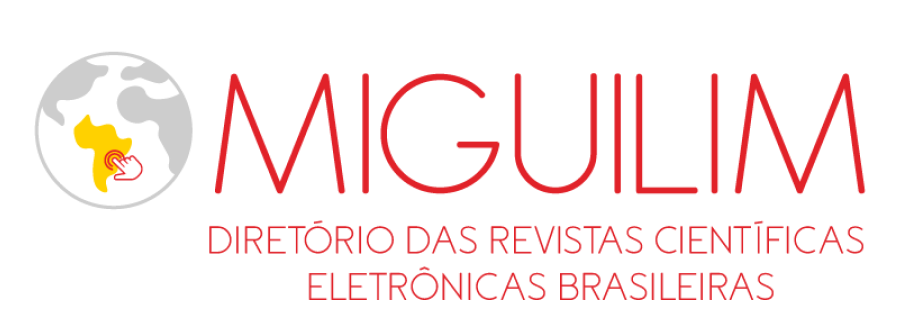As Religious leadership in the context of knowledge management
a case study of the evangelizing church God is with you (IEDC)
DOI:
https://doi.org/10.5281/zenodo.15477620Keywords:
Keywords: Church; Ecclesiastical Structure; Knowledge Management; Leadership Development; SECI Model; Spiritual Leadership.Abstract
The Igreja Evangelizadora Deus é Contigo (IEDC), founded in 2023, faced several challenges in its process of establishment, consolidation, and growth. To overcome these difficulties, the IEDC applied the SECI model by Nonaka and Takeuchi (1995), which proposes the conversion between tacit and explicit knowledge, allowing for the creation, dissemination, and formalization of theological and organizational knowledge within the church. This study explores how this model, combined with Maxwell’s (2016) leadership concepts and Ross’s (2000) molecular leadership approach, helped the IEDC strengthen its spiritual leadership and develop an adaptable and collaborative ecclesiastical structure. Through the processes of socialization, externalization, combination, and internalization of knowledge, the IEDC created a continuous learning environment that facilitated the identification of problems, the implementation of practical solutions, and the improvement of administrative processes, such as donation management and community event organization. The externalization of knowledge resulted in the formalization of practices, such as the creation of procedure manuals and church bylaws, while the combination of theological and administrative knowledge generated new evangelization strategies and community growth. Furthermore, internalization fostered the training of new pastors and spiritual leaders, turning the IEDC into a center for leadership development. This article highlights the importance of knowledge management and collaborative leadership in the sustainable development of religious organizations and how the IEDC managed to grow its faith community and enable various initiatives. The study concludes that the combination of knowledge management and the formation of spiritual leadership is a decisive factor for the ongoing success and growth of churches.
Downloads
References
AZEVEDO, D.; VACCARO, G.; LIMA, R.; SILVA, D. Um estudo de simulação computacional para a análise de perfis de aprendizagem organizacional. Production, 20(4), 639-656, 2010. Disponível em: https://doi.org/10.1590/s0103-65132010005000055.
GOMES, T.; BRUSTOLIN, L.; OSTO, L. O caminho da igreja. Revista Pistis Praxis, 15(1), 2023. Disponível em: https://doi.org/10.7213/2175-1838.15.001.ds07.
MAXWELL, John C. O melhor de John C. Maxwell: seleção vida de líder. 1. ed. Rio de Janeiro: Vida Melhor, 2016.
POPADIUK, S.; RICCIARDI, G. Conversão do conhecimento é fonte de vantagem competitiva sustentável? Uma análise empírica sob a perspectiva da resource-based view. Gestão & Produção, 18(1), 193-204, 2011. Disponível em: https://doi.org/10.1590/s0104-530x2011000100014.
ROSS, Gerald. O fim das pirâmides: a organização molecular e a nova estrutura das empresas. Tradução de Silva Schiros. Rio de Janeiro: Rocco, 2000.
SILVA, Luana Barcelos da; CANCELIER, Marilena Marangoni de Lorenzi; GOMES JÚNIOR, Waldoir Valentim; GOMES, Roberto Kern; LAPOLLI, Édis Mafra. A liderança espiritual no processo de gestão do conhecimento. 2º Congresso Nacional de Inovação e Tecnologia, São Bento do Sul, 19-21 de setembro de 2017. Disponível em: https://www.udesc.br/arquivos/ceplan/id_cpmenu/1593/3420170910VF_16681133630653_1593.pdf. Acesso em: 23 out. 2024.
TAKEUCHI, Hirotaka; NONAKA, Ikujiro. Gestão do conhecimento. Tradução de Ana Thorell. Dados eletrônicos. Porto Alegre: Bookman, 2008. ISBN 978-85-7780-229-6.
Published
How to Cite
Issue
Section
Copyright (c) 2025 Revista Processando o Saber

This work is licensed under a Creative Commons Attribution 4.0 International License.
Os direitos autorais dos artigos publicados pertencem à Revista Processando o Saber e seguem o padrão Creative Commons (CC BY), que permite o remixe, adaptação e criação de obras derivadas do original, mesmo para fins comerciais. As novas obras devem conter menção ao(s) autor(es) nos créditos.























